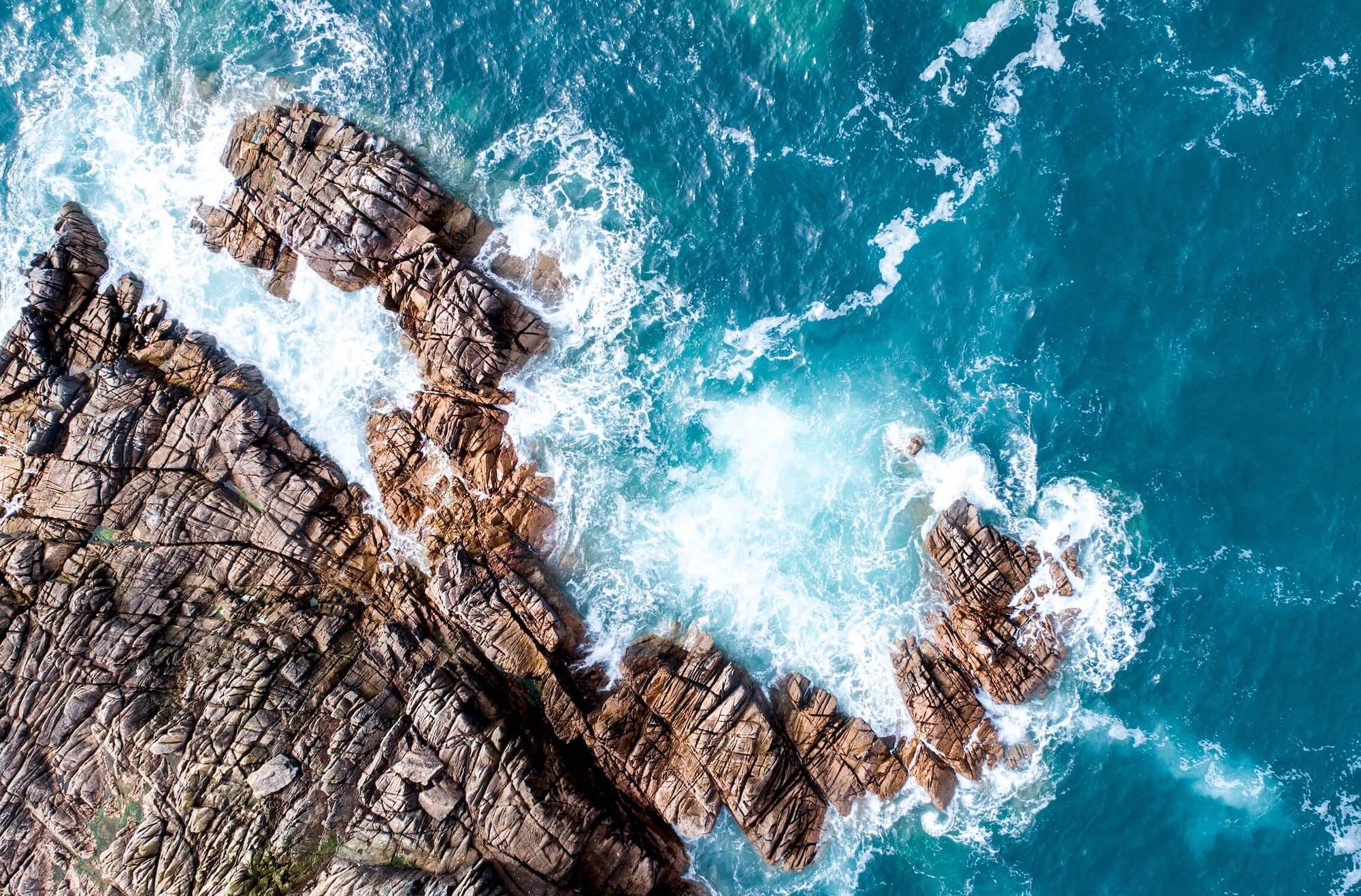WIN DRR Global
The Women’s International Network on Disaster Risk Reduction is supported by UNDRR and the Australian Government to promote and support women’s leadership in Disaster Risk Reduction in the Asia Pacific. The Sendai Framework for Disaster Risk Reduction outlines the inclusive, all-of-society approach that must be taken to reduce disaster risk. It acknowledges both the specific vulnerabilities that women face in disasters, due to pervasive gender inequality that exists across all societies, while recognizing the indispensable role of women in risk reduction efforts. The Sendai Framework emphasizes that a gender equitable and universally accessible approach is key, and it calls for the mobilization of women’s leadership in building resilience.
Women’s participation in decision-making is enshrined in international human rights frameworks including the Convention on the Elimination of all forms of Discrimination Against Women, yet there is still great disparity in the number of women playing a leadership role in disaster risk management. WIN DRR supports the implementation of the Sendai Framework by empowering women to attain leadership and enhance their role in decision-making in disaster risk reduction in Asia Pacific.
Why does Women’s Leadership Matter?

Women’s equal participation and leadership in public life, including disaster risk reduction, is both an important goal in itself and essential for achieving a broad range of development goals and reducing disaster risk. Gender discrimination limits the control that women and girls have over decisions that govern their lives, as well as their access to resources and opportunities. This heightens their exposure to risk, resulting in women and girls experiencing higher mortality, morbidity and loss of livelihoods during disasters than men. Disasters also exacerbate pre-existing gender inequalities and compound intersecting forms of discrimination against, for example, women living with disabilities, women living in poverty, and women with diverse gender identities and sexual orientations. The vulnerability and exposure of women and girls to disaster risk is economically, socially and culturally constructed and can be reduced. Well-designed disaster risk reduction initiatives that provide for women’s full and effective participation can advance gender equality and women’s empowerment, while achieving sustainable development and disaster risk reduction objectives. Diversity in leadership improves organizational performance, and women’s leadership can help ensure disaster risk reduction is gender-responsive.
WIN DRR PH
In its primary stage, the Philippine Chapter of the WINDRR is being shaped under four pillars, namely: governance, policy-making, education, and community capacity building. Under these four pillars, we aim to coalesce women leaders across multiple sectors under the common goal of disaster risk reduction. Many aspects of modern life find common roots in managing disasters. From the city centers, we see urban planning, climate change adaptation, and built environment resiliency, while from the rural context, we see community food sustainability, emergency shelter capacitation, mangrove planting, and early detection systems—and many more areas that relate to the impact of disasters on our nation.
We believe that women’s leadership is instrumental in all of these areas, and can spell the difference in making a bigger impact in the long run.
The key task for our founders is to shape the Mission and Vision of WINDRRPH in order to accomplish two goals: 1.) to establish membership of like-minded women across multiple sectors, and 2.) to eventually secure the WIN DRR Leadership Award, which is given yearly to pioneer women leaders across the globe. As of yet, we have had nominees from the Philippines, but we have not yet taken home the prize. Our hope is that mobilization through social media, and particularly through our website, will bring us closer to achieving our goals.

